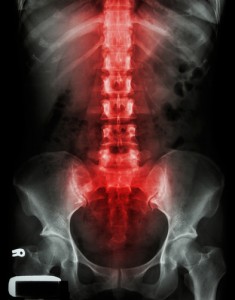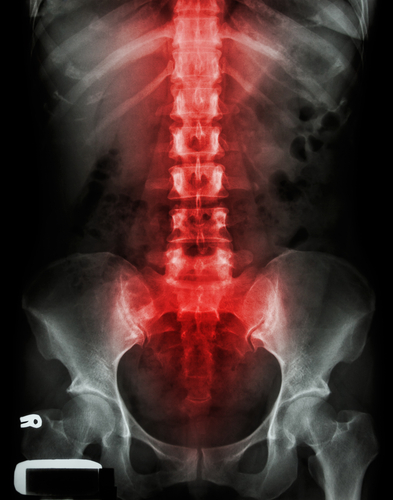 As are many diseases, colon cancer is thought to be linked to inflammation, and a group from Vanderbilt University Medical Center in Nashville, Tennessee, found that inflammation plays a role in colon carcinogenesis as a result of a specific gastrointestinal pathology. The findings, published in Molecular Cancer, led to a better understanding of dysregulated signaling mechanisms in claudin-1-promoted colon tumorigenesis.
As are many diseases, colon cancer is thought to be linked to inflammation, and a group from Vanderbilt University Medical Center in Nashville, Tennessee, found that inflammation plays a role in colon carcinogenesis as a result of a specific gastrointestinal pathology. The findings, published in Molecular Cancer, led to a better understanding of dysregulated signaling mechanisms in claudin-1-promoted colon tumorigenesis.
Principal investigator Punita Dhawan, PhD, and her research group specialize in the effects of claudin-1, a tight junction protein that maintains the integrity of the epithelial barrier of the intestines, on colorectal cancer progression and metastasis. Previously, Dr. Dhawan’s laboratory showed over-expression of claudin-1 enhances the tumorigenic ability of colon cancer cells in vitro and promotes mucosal inflammation in vivo, likely as a result of Notch signaling.
To follow up on these findings, Dr. Dhawan and lead author Jillian Pope created a mouse model by crossing APCmin mice, which reproducibly develop cancer of the small intestine but not the colon, with Villin-claudin-1 transgenic mice, which over-express claudin-1, to created APC-Cldn1 mice.
By crossing the mice, the researchers found increased colon tumorigenesis and decreased mouse survival from six to four months, relative to purely APCmin mice. Tumor growth and size increased by four-fold. The colon tumors that developed had increased Wnt/Notch signaling, which is characteristic of tumors that develop in the small intestine of APCmin mice.
In regards to inflammation, APC-Cldn1 mice had up-regulated pro-inflammatory gene expression. IL-23 and IL-17 expression was significantly greater, and TNF-α mRNA expression saw a three-fold increase. According to the paper, “These immune regulators have been shown to be upregulated in systemic inflammation, most notably observed in diseases such as colitis.”
Lastly, the team identified poorer function of the epithelial barrier of the intestine. Mucosal permeability increased as a result of the tumors, allowing bacteria to translocate into the mucosa and induce inflammation. This further promoted tumorigenesis.
This study served to confirm the role of claudin-1 in promoting colon tumorigenesis. It also bolstered the hypothesis that dysregulated antigen-tumor interactions and inflammation contribute to promoting colon tumorigenesis.

